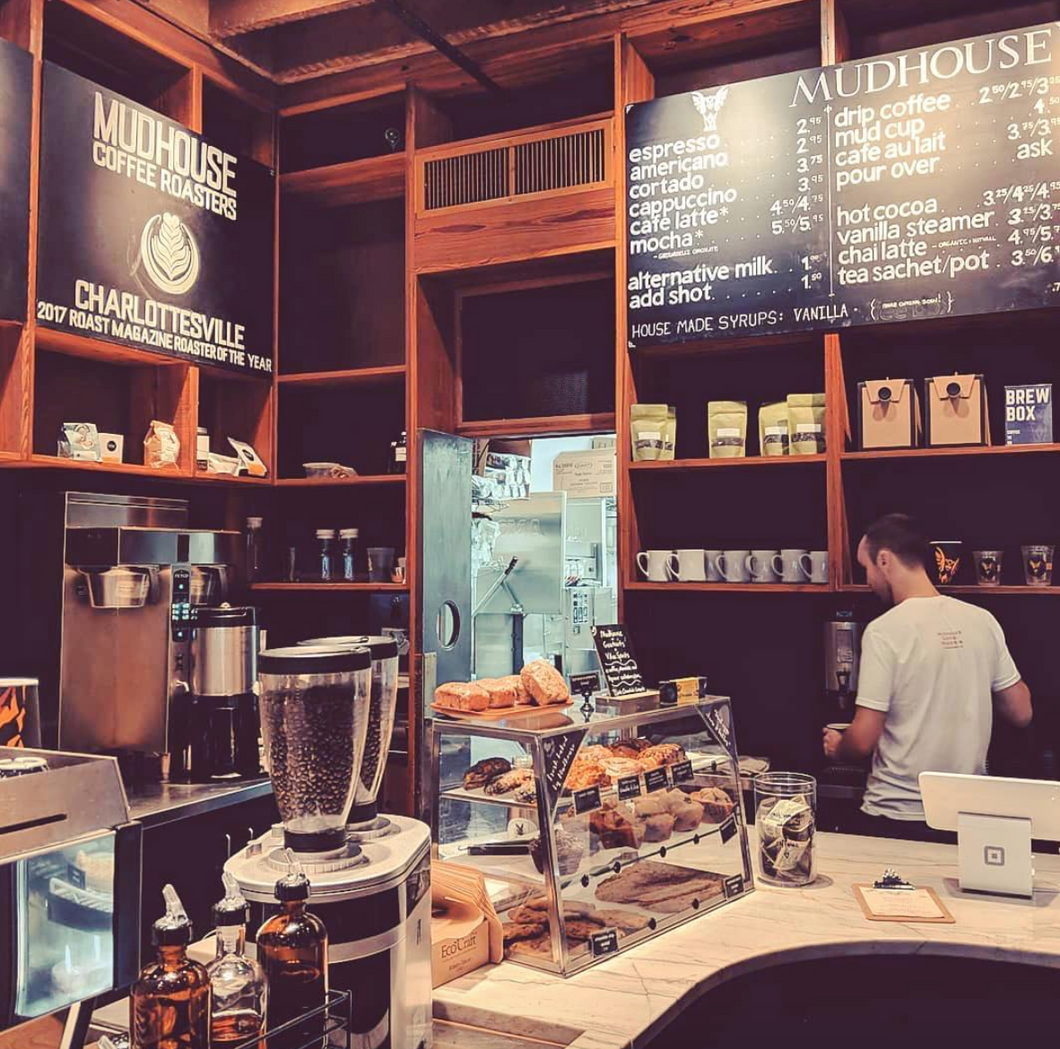Coffee. With one simple word, a unique image, feeling, or perhaps even a craving is evoked in nearly everyone. For me, I equate coffee with productivity. When I know that I need to get work done, I treat myself to a big cup of joe to motivate me - and I'm sure the caffeine kick helps as well. Some associate coffee with social outings, while to others it is a necessity in the mornings. Coffee is an integral part of American culture.
It's no surprise that coffee shops are popular establishments. They have everything that modern society thrives on: coffee, pastries, WiFi, aesthetic, people, and productivity.
Who are the people that go to coffee shops? College students who need to do work. College students that need a break from work to socialize. Young professionals working on proposals. Moms that are looking for an excuse to leave the house. Retired people enjoying their free time. Anyone who is sleep-deprived and in desperate need of a boost.
What is it that attracts people to this establishment? The coffee is a pretty good starting point, but there has to be more. Perhaps the better question is why do people stay? They stay for the atmosphere: the smell, the energy, the design. They stay to be motivated: surrounded by others getting work done. They stay for the socialization: a chance to meet up with old friends or new acquaintances. They stay to be a part of the culture.
Coffee shops: it's just so easy to be in them. Whether you are a regular or it's your first time in the place, you don't feel out of place. If you want to be left alone, you can be. If you want to be in the company of others and have a conversation, that's cool, too.
Attracting people of all ages and backgrounds, it threads a common strand among people. Coffee shops tap into the core of humanity, reaching past categories of differentiations to exploit the similarities of humans past simply a shared favorite drink. Coffee is more than a drink. It is a gateway to an experience, whether you are conscious of it or not.

















